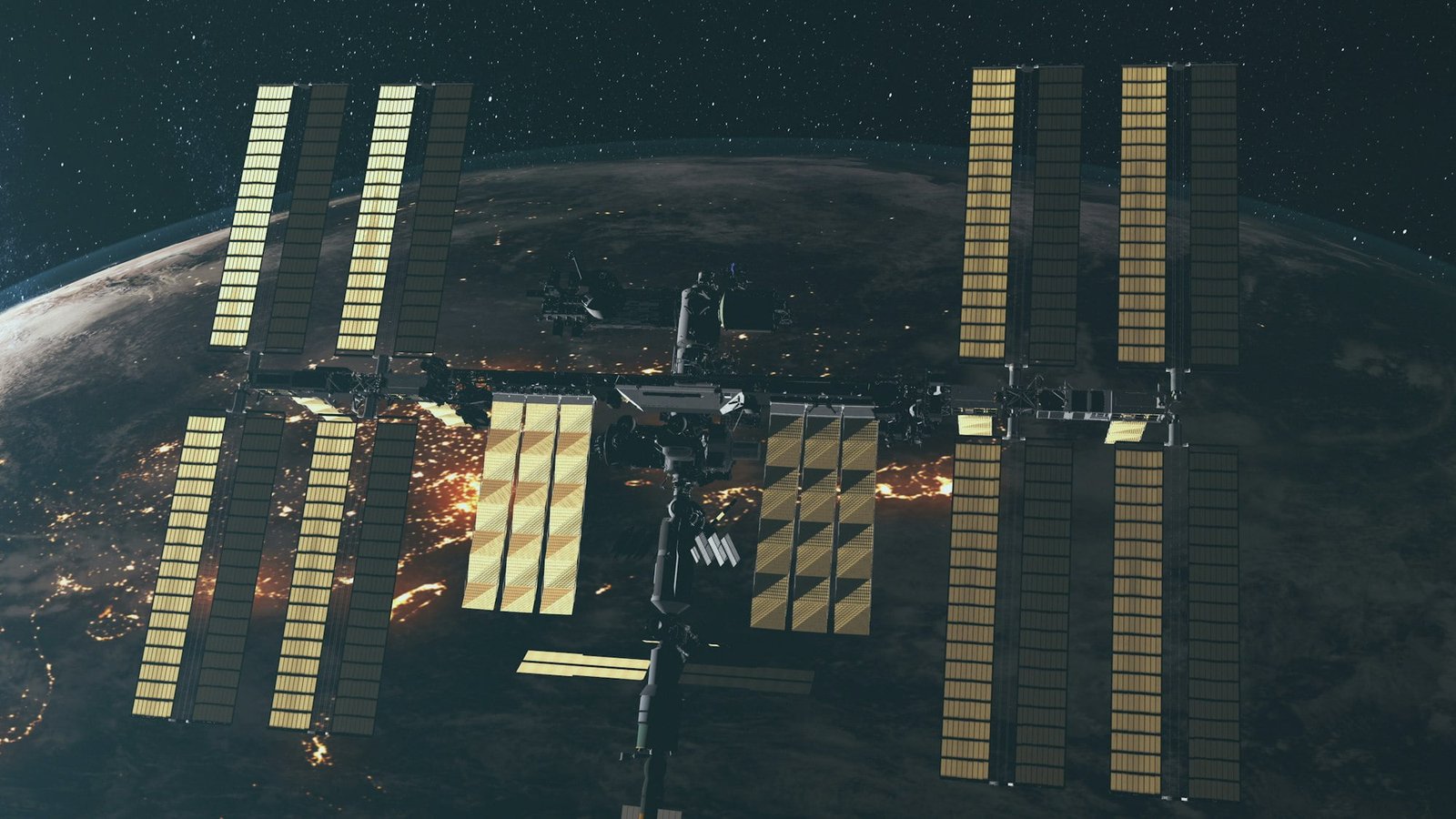Soaring Beyond Earth: Zero-Gravity Vehicles Revolutionize Space Exploration in 2069
Future AI AutomotiveTable of Contents
In the realm of space exploration and colonization, the year 2069 marks a monumental shift with the adoption of zero-gravity vehicles. These innovative spacecraft, designed to operate in the weightless environment of space, promise to revolutionize the way humans traverse the cosmos, facilitating exploration, colonization, and scientific research beyond Earth’s atmosphere. Let’s delve into how zero-gravity vehicles are reshaping the future of space travel and expanding humanity’s reach into the cosmos.
Unlocking the Potential of Zero-Gravity Vehicles
Zero-gravity vehicles, also known as microgravity spacecraft or space shuttles, represent a new era in space exploration technology. Unlike traditional rockets, which rely on combustion engines and gravitational forces for propulsion, zero-gravity vehicles leverage advanced propulsion systems, such as ion drives and plasma thrusters, to maneuver in the vacuum of space, offering greater efficiency, flexibility, and range for long-duration missions.
Versatility and Adaptability in Space Travel
One of the key advantages of zero-gravity vehicles is their versatility and adaptability in space travel. These spacecraft are capable of performing a wide range of missions, including satellite deployment, crew transport, cargo resupply, and scientific exploration, thanks to their modular design, reconfigurable interiors, and advanced robotic systems. Whether conducting research in low Earth orbit or venturing to distant celestial bodies, zero-gravity vehicles offer unprecedented mobility and functionality in the cosmos.
Facilitating Space Colonization and Beyond
Zero-gravity vehicles play a pivotal role in facilitating space colonization and human expansion beyond Earth. By providing reliable transportation to and from space habitats, lunar bases, and extraterrestrial colonies, these spacecraft enable humans to establish permanent footholds in space, paving the way for the sustainable colonization of other planets, moons, and asteroids in the solar system and beyond.
Advancing Scientific Discovery and Innovation
In addition to enabling human space exploration, zero-gravity vehicles support scientific discovery and innovation in space. Equipped with state-of-the-art laboratories, telescopes, and research facilities, these spacecraft serve as platforms for conducting experiments in microgravity, studying celestial phenomena, and pushing the boundaries of our understanding of the universe. From biomedical research to materials science and astronomy, zero-gravity vehicles foster collaboration and discovery in the pursuit of knowledge beyond Earth.
Collaboration and International Cooperation
The adoption of zero-gravity vehicles also fosters collaboration and international cooperation in space exploration. By sharing resources, expertise, and infrastructure, nations and organizations around the world can pool their efforts to achieve common goals, such as lunar exploration, Mars missions, and deep space exploration. This spirit of cooperation strengthens global partnerships and promotes peaceful exploration and utilization of outer space for the benefit of all humanity.
FAQs:
What are zero-gravity vehicles?
Zero-gravity vehicles are spacecraft designed to operate in the weightless environment of space, leveraging advanced propulsion systems to maneuver and navigate in microgravity conditions.
How do zero-gravity vehicles differ from traditional rockets?
Zero-gravity vehicles rely on advanced propulsion systems, such as ion drives and plasma thrusters, for propulsion in space, offering greater efficiency, flexibility, and range compared to traditional rockets.
What missions can zero-gravity vehicles perform?
Zero-gravity vehicles can perform a wide range of missions, including satellite deployment, crew transport, cargo resupply, scientific exploration, and space colonization, thanks to their modular design and adaptability
How do zero-gravity vehicles support space colonization?
Zero-gravity vehicles provide reliable transportation to and from space habitats, lunar bases, and extraterrestrial colonies, enabling humans to establish permanent footholds in space and expand beyond Earth.
What role do zero-gravity vehicles play in advancing scientific discovery?
Zero-gravity vehicles support scientific discovery and innovation by providing platforms for conducting experiments in microgravity, studying celestial phenomena, and pushing the boundaries of our understanding of the universe in fields such as biomedical research, materials science, and astronomy.
